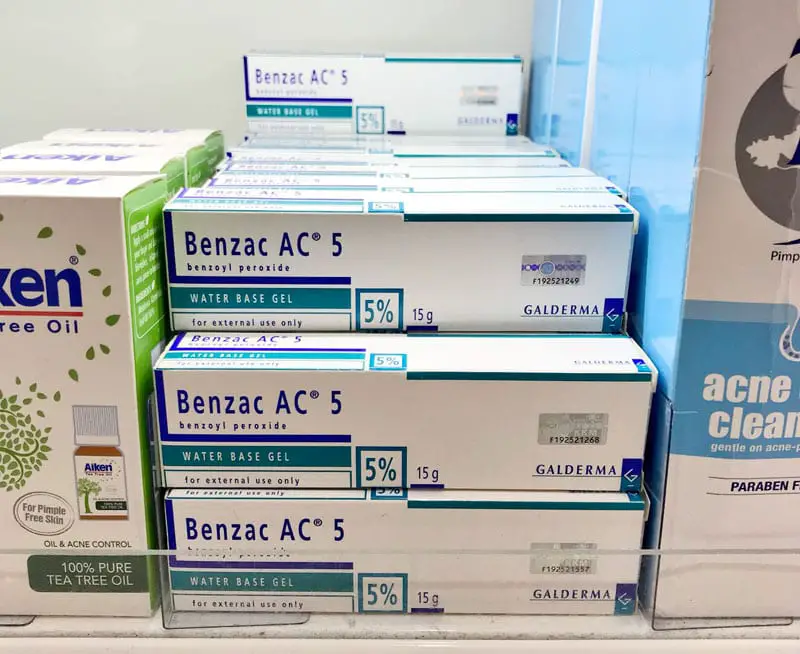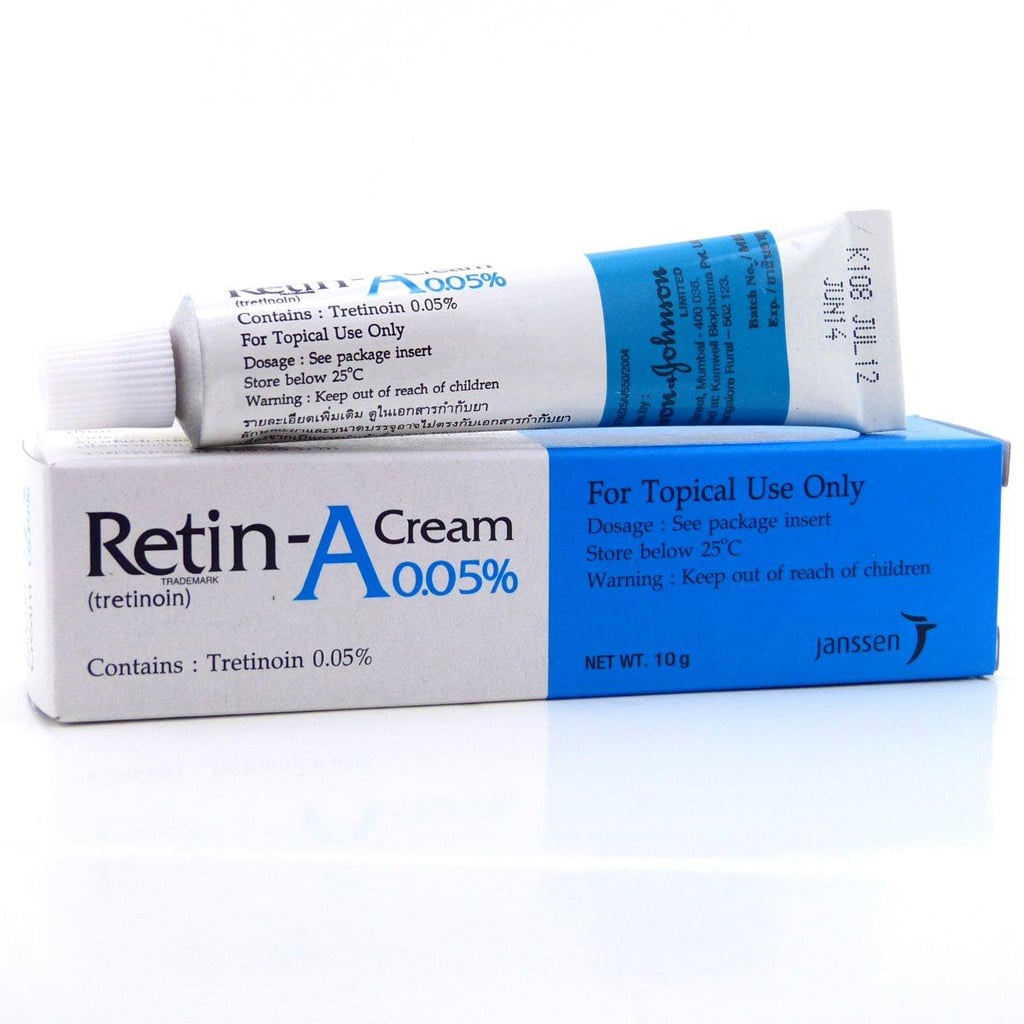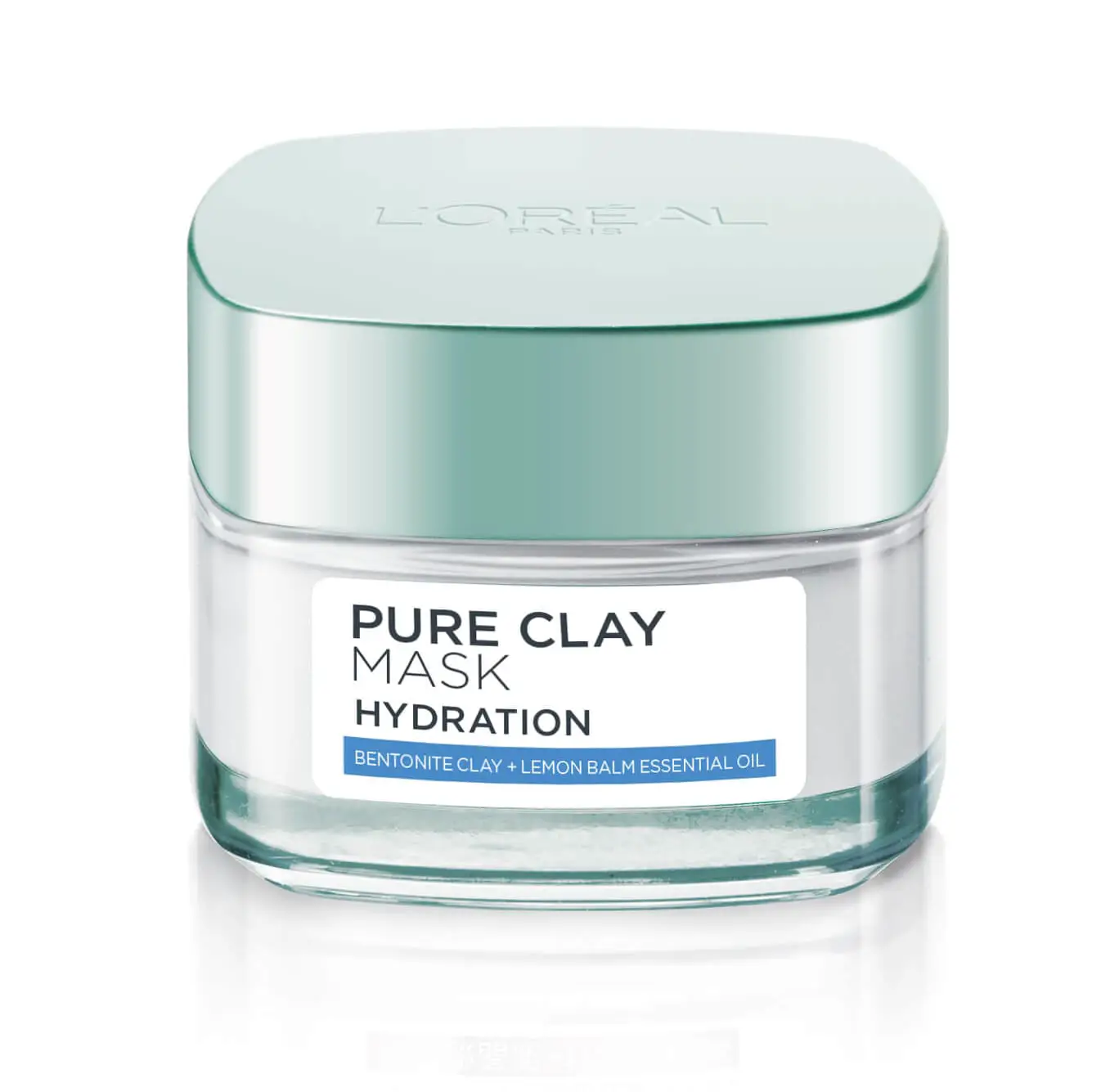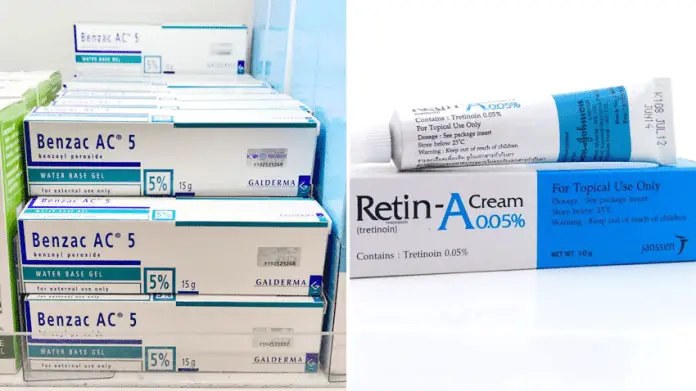Those dreaded zits! Having them visibly popped in the face can be frustrating for most people. But that doesn’t mean it’s the end of the world as long as you know what to do with it. You can either go to a pharmacy and look for suitable over-the-counter acne treatment or visit a dermatologist. If you choose the former, it’s important to know what you are getting at since ingredients do matter in any acne products. That being said, here are the 7 Essential Ingredients In Acne Products You Should Know.
1) Benzoyl Peroxide
Among the most popular ingredient in both over-the-counter and prescription-strength acne treatments, benzoyl peroxide basically works by eliminating the bacteria that causes acne breakouts. This ingredient also benefits those with oily skin since it helps to get rid of excess oil in the facial skin. Benzoyl peroxide is typically found in the likes of creams, gels, lotions and facial foams. Although this ingredient contains several advantages, keep in mind that it may cause side effects like dryness and redness in the skin.

2) Salicylic Acid
Otherwise known as a beta-hydroxy acid (BHA), this is another popular ingredient that combats acne breakout. You can find this ingredient available in both over-the-counter and prescription-strength acne products, where it penetrates deep into your skin and eliminates dead skin cells and excess oil. Salicylic acid can be found in the form of gels, ointments, lotions, solutions, pads and solutions. But like benzoyl peroxide, it may cause side effects such as dryness and other skin irritation.

3) Niacinamide
This ingredient goes by two different names as well including vitamin B3 and nicotinamide. Niacinamide contains numerous benefits, namely promoting hydration as well as minimising inflammation in the skin and enlarged pores. Look for skincare products (tat usually come in the form of serums) that have 2%-10% of niacinamide. While the ingredient is generally safe for use, that doesn’t mean it is completely devoid of side effects. Those who have allergies may need to exercise caution by doing a simple patch test. Simply apply a dime-sized amount on your forearm and wait for 24 hours. If your skin starts to cause irritation like itching and swelling, wash off the applied area and refrain from further use.

4) Tea Tree Oil
If there’s one natural ingredient for acne-prone skin worth mentioning here, it would be tea tree oil. It helps to get rid of dirt in the skin as well as fight] off acne, thanks to its potent combination of anti-inflammatory and antimicrobial properties. There are generally two ways you can use tea tree oil for your skin. According to Healthline, you can apply topically on the affected skin by diluting 3 drops of tea tree oil into 59ml of witch hazel and use it as a toner. And if possible, try to look for the one that has 100% all-natural tea tree oil. Do keep in mind that this natural remedy can cause skin irritation for those with sensitive skin.
5) Retinoids
Here’s a superstar of an acne-fighting ingredient favoured by many dermatologists. Frankly, it’s easy to see why: retinoids exfoliate the dead skin cells and best known for its speedy cell turnover that helps to unclog pores. It also reduces skin inflammation and boosts collagen production. Retinoids are available in the form of over-the-counter products, namely retinol. You can also find prescription-strength varieties called tretinoin or commonly known for its generic name as Retin-A. Those with sensitive skin need to keep in mind that retinoids can cause dryness and skin irritation.

6) Glycolic Acid
A powerful exfoliant responsible for getting rid of dirt and impurities, glycolic acid is categorised under the popular type of AHAs (alpha-hydroxy acids). Other than its exfoliating properties, it also benefits your skin by retaining its natural moisture and minimising the appearances of dark spots and marks caused by acne breakouts. Available in both over-the-counter and prescription-strength acne treatments, you can find this ingredient in the form of gels, serums and face washes. It is important to take note that glycolic acid can cause irritations like itching, burning and swelling. This is especially true for those with dry or sensitive skin.

7) Clay
Usually found in masks, clay is an effective ingredient that treats acne due to its anti-inflammatory properties. It helps to combat excess oil and dirt as well as unclog pores and minimise shine. Best of all, clay is generally suitable for all types of skin.
















